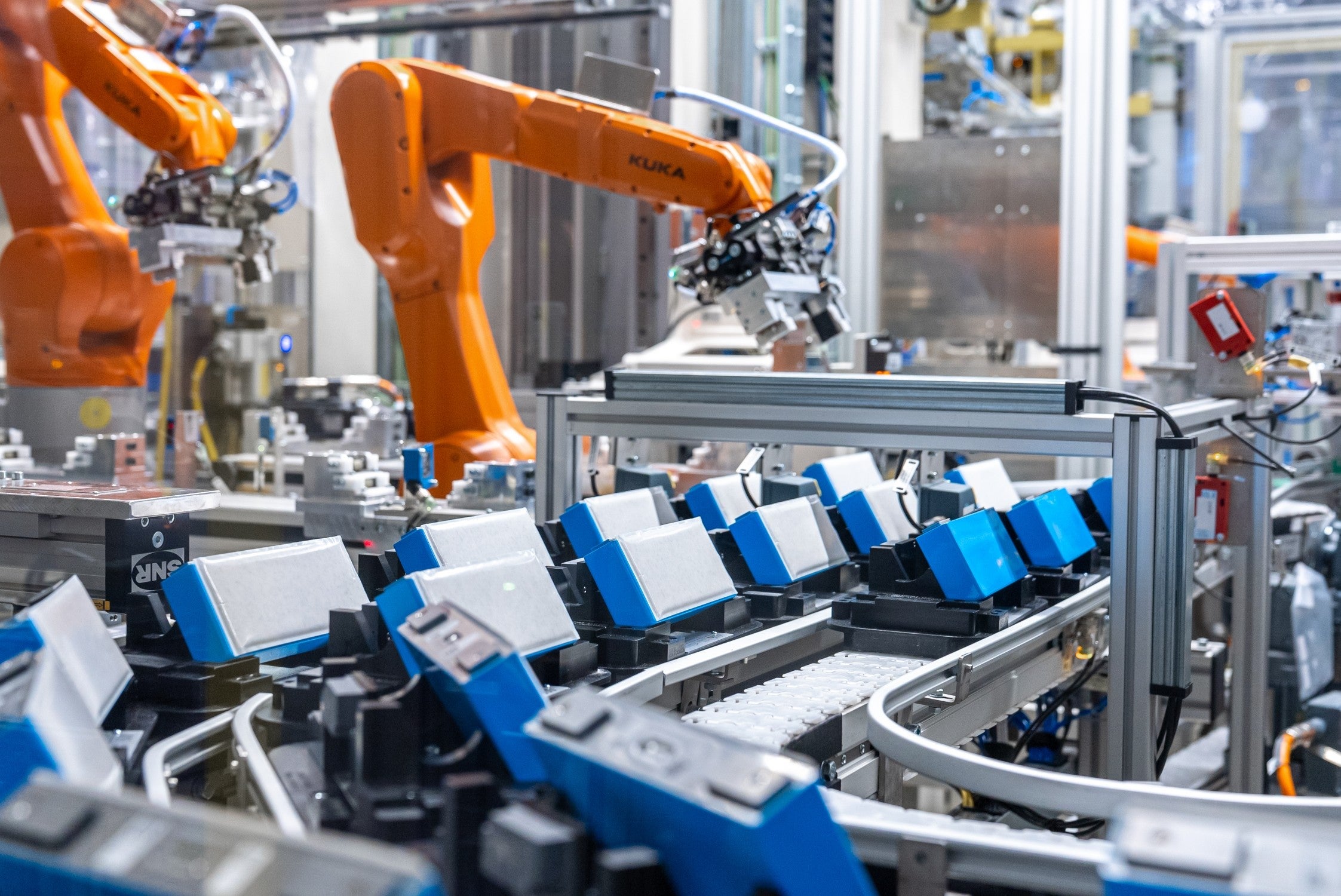
Europe could end its reliance on China for electric car batteries by 2030 but only if it keeps pace with Joe Biden’s US$369bn (GBP298bn) green subsidy spree, The Guardian said.
The British newspaper said a report by the renewable energy campaign group Transport & Environment said the EU was on track to produce enough lithium-ion battery cells by 2027 to meet demand and cut China from supply chains.

Discover B2B Marketing That Performs
Combine business intelligence and editorial excellence to reach engaged professionals across 36 leading media platforms.
The study forecast Europe’s reliance on China for the refining and processing of battery metals could also fall dramatically, predicting over half of Europe’s refined lithium demand could come from European projects by 2030.
There are now no lithium refineries in Europe, and about 90% of the world’s processing of the metal takes place in east Asia, the report said. But refinery projects under way in Germany and France are expected to boost Europe’s prospects, and planned EU legislation on critical raw materials is designed to ensure they meet high environmental standards.
The Guardian noted MPs had raised concerns Britain’s electric vehicle supply chain is overly reliant on China, a key vulnerability amid political tensions between Beijing and the west.
Britain has banned the sale of new petrol and diesel cars from 2030 while the EU has committed to phase out combustion engines from 2035.
However, Biden’s flagship Inflation Reduction Act (IRA) has attracted green investment to the US and put pressure on Britain and the EU to respond at a time when policymakers have been levying windfall taxes on renewable energy firms.
According to The Guardian, the T&E report showed two thirds of Europe’s demand for cathodes could be produced on the continent by 2027 with projects such as Umicore in Poland and Northvolt in Sweden contributing.
However, the study’s authors reportedly warned companies could still move projects planned for Europe to the US, tempted by the tax benefits and other subsidies provided by the IRA for localising battery supply chains in the US.
Julia Poliscanova, senior director for vehicles and e-mobility at T&E, said: “Today half of the lithium-ion battery cells used in the EU are already made there. But the Inflation Reduction Act has changed the rules of the game, and Europe needs to put more money on the table or risk losing planned battery factories and jobs to America.”
T&E called for a dedicated EU fund with cash raised through joint debt issuance to aid investment into electric vehicles, batteries and renewables.
Last week, Britishvolt, the battery startup that had hoped to build a “gigafactory” near Blyth, Northumberland, collapsed into administration. The company struggled to find funding and was denied access to promised state funds after failing to hit government targets.
Sign up to Business Today
Free daily newsletter
Get set for the working day – we’ll point you to the all the business news and analysis you need every morning
Privacy Notice: Newsletters may contain info about charities, online ads, and content funded by outside parties. For more information see our Privacy Policy. We use Google reCaptcha to protect our website and the Google Privacy Policy and Terms of Service apply.
Its collapse has sparked calls for a comprehensive industrial strategy to map out Britain’s approach to the green economy, including the car industry’s switch to electric vehicles.
On Monday, Tony Danker, the director general of the Confederation of British Industry, said the government had failed to invest in the green economy, and is falling behind the US and EU.
He said the US and Europe are “outspending and outsmarting us” in their approaches to encouraging low carbon investments.
“While our competitors across Europe, Asia and the US are making their move, and going hell for leather, we seem to be second guessing ourselves and hoping for the best,” he said in a speech at University College London.




